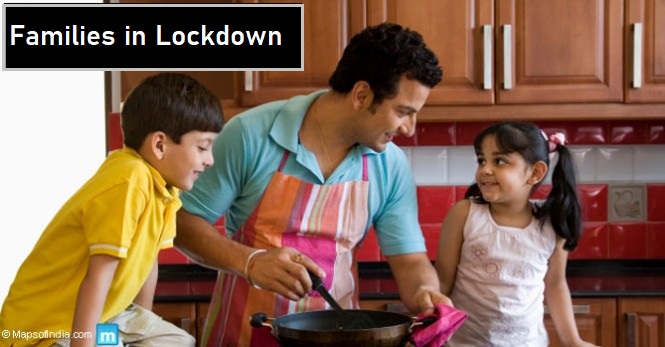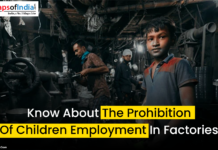The world is currently facing the global pandemic Covid-19, also known as Coronavirus. Coronavirus is an infectious disease, which is highly contagious, and it spreads through close contact with the person who is experiencing the symptoms. It got first discovered in December 2019 in China, and within a short time, it became a global issue. The disease infected countless people worldwide within a few weeks, and it also caused numerous deaths around the world.
The disease was spreading like wildfire. So every country decided to impose a complete lockdown, where the government banned everything from educational institutions to malls, grocery shops, public transportations, or any other sort of travel. Only a few essential services like medicine shops were open with time duration and certain restrictions.
The primary purpose of imposing the lockdown was to stop the disease from spreading and to make sure everyone is safe in their home. Office work and learning took place online. The lockdown became an opportunity for many, and on the other hand, it became a struggle for many.
How was the lockdown an opportunity?
An individuals who rarely got the time or chance to spend time with their families or children, the lockdown was an opportunity for them to stay home and spend time with them. Working parents or individuals are usually occupied with their tight schedules. Thus it becomes challenging to take out some family time, so a communication gap grows between individuals with their wife/parents or kids. The lockdown allowed individuals to stay at home, do their work, and see other members of the family work or study regularly.
It was an advantage for those individuals to get updated about everything going on in the house.
- Working parents were able to look after their kids in a better way. It also reduced the communication gap among family members.
- Families worked together to run the house by cleaning, cooking, or doing other household chores.
- Parents were able to help their kids with their studies.
- Many people learned new skills (especially the male members who are often busy with office, teenage kids)
- Many couples got more time to know each other well.
Why was the lockdown a struggle for many?
Many people did not get a chance to go back to their homes after the government imposed the lockdown. Many people could not meet their loved ones for months due to the travelling restrictions, and many people faced difficulties living together in peace. Although the lockdown was an opportunity for people to spend time with their families, eventually, they stopped enjoying it after a certain period. People who are not used to a certain type of way of living got annoyed after the first few weeks of lockdown. This can be due to inhabiting or mental disturbance caused by the pandemic.
There was a rise in domestic violence as well during the lockdown. Domestic violence, whether mental, physical or emotional, increased as days went by of the lockdown. Women who worked as housewives had more burden of work during the lockdown, leaving very little or no time for themselves. Refusal to work or demanding a break resulted in abuse to them from husbands or other family members.
The pandemic became a huge problem for dating couples. According to Hindustan Times, a 23-year-old man stated that he had faced problems in his dating life because of all the restrictions. He could not meet his girlfriend and could not spend quality time with each other, causing issues between them.
In the same article by Hindustan Times, a Delhi-based relationship counsellor Shivani Misri Sadhoo has stated that she feels boredom, financial distress, disagreement over child-related issues between married couples are a few factors that have changed the relationship dynamics of individuals during the lockdown.
Relationship dynamics have taken major shifts during the pandemic for many, and it was not a major issue for some people.




